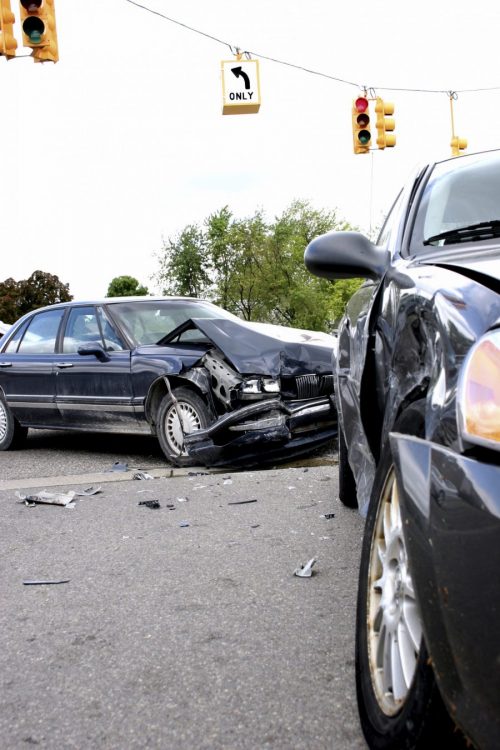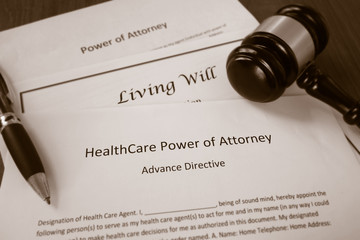
Steps to take after an automobile accident
Although you may be a careful driver, accidents happen. The following is a brief summary of the steps you should take if you become the victim of an automobile accident.
- Stay Safe. The most important thing to consider after an accident is your immediate safety. If you are uninjured and it is safe to get out of your vehicle, do so and assess the situation. Under no circumstances should you leave the scene after an accident.
- Determine If There Are Any Injuries. Check on the drivers and passengers of the other vehicle(s) involved. If anyone is injured, groggy, unresponsive or unsure of injury, call 911 immediately. Many injuries can be internal or not visible, so it is better to be safe than sorry.
- Move Vehicles. If it is apparent that everyone is uninjured, and the vehicles are creating a safety hazard or are blocking traffic, move them off to the shoulder or into an adjacent parking lot. If it is not safe to move the vehicles, then set up flares or reflective triangles or, at the very least, turn on the flashers to warn other drivers that there was an accident.
- Stay Calm. If you were not at fault for the accident, it may be easy to get mad at the other driver. However, getting mad and yelling at the other party will accomplish nothing and may make it more difficult to get through an already stressful situation.
- Don’t Admit Fault. If you believe you were the cause of the accident, it may be instinct to apologize and seek forgiveness. However, resist the urge to admit fault. While you may believe that you were the cause of the accident, that may not be the case after all of the information is brought to light. Don’t put yourself in a situation where you admit to something that, in fact, turns out not to be your fault.
- Call the Police. After determining that everyone is safe and uninjured, call the non-emergency police line and report the accident, even if the accident is minor. The police will come and make a report after talking to all of the parties and any witnesses. You won’t get a copy of the report at the scene, so it’s important to write down the name of the police officer, his/her badge number, and the report number. This way you will be able to contact the police department and obtain a copy of the report.
- Take Photos. These days everyone has a camera on their cell phone to put it to good use. Take pictures of the damage to all vehicles involved, the scene, and any injuries you may have suffered. It’s also a good idea to take a picture of the vehicle license plates as well as the other parties involved. However, when taking these pictures, make sure that you are not interfering with the police officer’s investigation.
- Gather Information. If there were any witnesses to the accident, make sure you get their contact name, address, and phone number. It’s also a good idea to talk to him/her about what they saw so that you can relay that information to your insurance adjuster. If the police do not come to the scene, make sure you get the name, address, and phone number of the other person(s) involved in the accident. You will also want to write down the name of their insurance carrier and policy number, as well as the make/model of their vehicle and their license plate number. Under no circumstances should you give out your social security number or sign anything unless it is for the police officer or your insurance company.
- Consider Going to The Doctor. Above all else, your health is the most important thing. Some injuries are not immediately felt due to adrenaline. Unless you are absolutely certain you were not injured, you should seek medical attention at the emergency room or see your family doctor. Even minor impacts can cause serious injuries to the neck and spine. If you were dazed or lost consciousness for even a moment, you could have suffered a concussion and should seek medical attention.
- File an Insurance Claim. Most insurance policies require that you promptly notify your insurance company when you are involved in an accident. Make sure you cooperate with the insurance adjuster, tell the truth, and explain what happened in a clear, succinct manner. If you or any of your passengers are injured, determine if you have medical benefits as part of your coverage. This is something that is many times overlooked and will help cover the cost of any medical expenses.
- Document Everything. If you see a doctor for an injury, keep notes on who you receive treatment from, when you receive treatment, and the care you receive. Also, for purposes of demonstrating pain and suffering, keep notes on how your injuries have impacted your daily life – such as whether you miss any days of work, those routine activities you can’t undertake, and describe how your injuries have affected your life in general. Finally, keep notes on any insurance adjusters you speak to including his/her name, the date and time you spoke, and a brief description of your conversation.
- Protect Your Rights. In some circumstances, an insurance company may make you a settlement offer right away. Be careful about accepting early settlement offers. Before you accept a settlement offer you will want to make sure that all of your physical injuries have been treated. Furthermore, some injuries don’t make themselves known or reach their greatest level of pain until sometime after the accident. You don’t want to settle until you know that you will be compensated for all your injuries, as well as any pain and suffering you may have undergone. Under no circumstances should you sign anything without first consulting an attorney.
- Consult an Attorney. If you were injured in an accident and suffered any type of pain and suffering or lost wages due to the accident, its best to consult an attorney. An experienced personal injury attorney can review the case with you and determine if you are entitled to compensation from the person responsible for the accident. Most personal injury attorney work on a contingency basis so you will only be responsible for paying attorney’s fees if you recover something. At the very least, by consulting an attorney, you will know that your rights have been protected and will have obtained a fair assessment of your case.



